Mark Manson’s newest book is a box of puzzles pieces of a moral philosophy, and it’s not quite put together for you.
But here’s the good news about the book, entitled Everything is Fucked: A Book About Hope: When you have to put the puzzle together yourself, it’s only then that you fully see the whole picture.
The genre of the book gets a little murky. It just barely keeps a toe dipped into the pool of personal development, and is really more of a modern philosophy book. A lot of Manson’s writing is like this. It’s always felt like he’s been placed into self-help as some kind of default way to categorize him, but in reality, he’s just a guy who writes really interesting stuff about that human condition thing. It’s kind of like when The Martian won all of those awards in the comedy category at the Golden Globes, and you were like, “Is that what that is?”
The book veers away from self-help in that there’s a lot about the nature of us, and little about how to specifically be less stupid. You spend most of the time reading things like, “The stories of our past define our identity. The stories of our future define our hopes,” and then going, “Wow, cool idea. So…what do I actually do?”
That question does become answerable–but only after you really dig into the book and put the puzzle together.
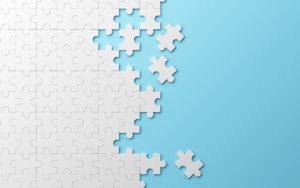
But again, putting the puzzle together forces you to pay attention. It ensures that you aren’t just reading a list of things to do, and letting your dumb eyes glaze over until something inspirational-sounding pops up. So as messy as Everything is Fucked can be, I actually prefer it to most everything else.
With all of that said, I’ve put the puzzle together here for you, so you’re welcome, asshole.
The unifying topic of the book is, as you might have guessed, hope. In classic Manson style, he flips our preconceived notions about hope on their head to make us see hope in a new light.
His broad argument at the beginning of the book is that as a culture, we’re largely experiencing a crisis of hope now because in reality–regardless of how awful things seem–our world is really amazing in most ways. Poverty, war, disease, and violence have all dropped significantly–which is to more broadly say that people are dying from stupid bullshit less than ever.
In one way, this sucks, argues Manson. Hope stems from seeking more, holding out for something better down the line. So when you already have your essentials, and you feel satiated all the time because you have unlimited brain carbs in your phone that you endlessly dump into your skull, you lose a sense of hunger–of a hope for something more.
The problem, ultimately, is a lack of a sightline for how you’re going to make things better. With fewer problems, and the ones we have feeling insurmountable (like climate change, or for many, affording more than a studio apartment and a smartphone), hope dies.
So Manson doesn’t explicitly say this is the reason we hate our wonderful lives and that more babies should die so that we could hope more, but he doesn’t…not say that either. And he’s right. In order to hope for something, something has to be suboptimal.
As one of the best lines in the book says, “The only thing that can ever truly destroy a dream is to have it come true.”
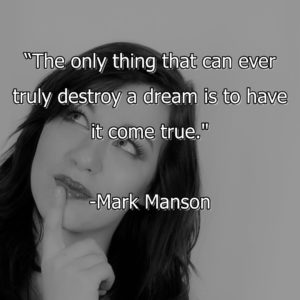
Emotions Aren’t Stupid. We Are.
Another section of the book focuses on the importance of the emotional brain. It drives against the idea that our emotions are the devil, and that we should fight them at all costs. It instead argues that we need emotions for all basic functions.
To prove this, Manson uses the example of a successful family man named Elliot, who had brain tumor removed that totally fucked him up. The interesting part was that Elliott was just as logically capable after the surgery. Pretty much all of the wires in his brain were functioning normally, but his career, family, and indeed his entire life crumbled afterwards because he would do weird shit like spend two hours deciding on a stapler at the store while he was needed at work. He couldn’t prioritize or make decisions, and he appeared completely and totally unmotivated.
Elliot became a perfectly intelligent dipshit.
It turned out that for Elliot what happened to his brain basically mimicked a lobotomy, thus removing the emotional component from his brain. Without emotions, motivation and decisions were impossible. He was utterly unable to establish values or priorities, because it’s emotions that decide that things matter.
Without emotions, we basically aren’t alive. We are calculators without any batteries. We are useless. Our emotions, whether we like them or not, are our primary decision-makers. They are the engines that make our brains go towards everything important…even if maybe they also make us hate our lives because SHE LIKES DALE? FUCKING DALE? I’M A BETTER LOVER THAN DALE.
The solution therefore isn’t to fight our emotions. It isn’t to try to pretend they don’t exist, but rather, to direct them. The analogy used in the book is that it’s like we’re trying to ride an elephant, and the elephant is our emotions. The elephant is ultimately in control, but we must learn to direct this giant motherfucker as well as we possibly can if we want to get where we’re going to go, no matter how much our emotions like, “Fuck you, I want peanuts.”
Part of this means taking control of our own sense of meaning. We must invest an idea of meaning into our lives. We must discover and cultivate our own “why.” If we do, everything will remain fucked, but if we care about this world, then we can develop hope for it, to unfuck it a little more, to make it a little bit less bad.

Values, Values, Values
As with his previous book, The Subtle Art of Not Giving a Fuck, Manson places a lot of focus in this book on values. To him, everything about our behavior stems from our priorities.
This leads to a very simple, but important truth: if you want to change your actions, the number one item on your to-do list has to be changing your values.
This is…complicated.
Our values after all are based in our stories–the narrative of you: “I like turtles, porn, and talking over everyone,” is a part of your identity. These are things are not just things that you like. They’re parts of you. The core of your being consists of values like this.
This is why changing yourself is so, so, so fucking hard. It’s because, as Manson says, we protect the metaphysical self just as instinctively, and ferociously as we protect the physical self. Having someone challenge a part of who you are is very much like having someone rear back to punch you in the nuts. You’re always, always, fucking always going to protect yourself–or in this case, the idea of who you are.
Everything in your being is telling you to block the punch. It takes a rarefied, excessive amount of mental fortitude to not immediately block the punch.
And as hard as it is to not block the punch others throw at you–imagine how hard it is to punch yourself in the nuts. Imagine how much instinctive “Fuck no, don’t do this” you have to overcome in order to actually follow through with it–and to do it in a way that actually makes a difference.
All of this to say changing yourself is super hard and scary. It involves looking into your soul in a way we habitually avoid doing.
Manson doesn’t go into great detail about how to do this, but he does have one large overarching point: They real key to changing your values (your story, in other words) can be found in developing a mental toughness that we mostly don’t naturally have. Manson consistently refers to this as being “anti-fragile.”
Manson says we develop anti-fragility by consistently, honestly, and ruthlessly facing our lives and our real, deep down problems. Manson says that this is the defining decision of your life: to choose to face your pain when it comes. Without this, progress, true happiness, and even correct decision-making are impossible.
The way to develop this is to go through the times of self examination where it fucking hurts. It’s to look at your life earnestly, look in the mirror, get grossed out by how much you suck, and when it gets painful, you keep looking. Eventually, this starts to become a little bit more doable.
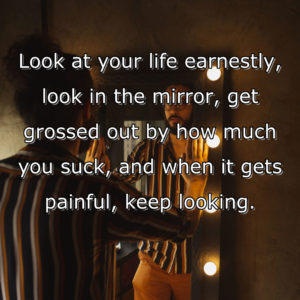
This is the path to actually change ourselves, and the ability to do that is what makes life bearable, because it allows us to see the infinitely possible future we could have ahead of us. So this is what Manson means when he says, “The stories of the past define our identity. The stories of our future define our hope.”
There’s a crucial idea buried in all of this: The goal isn’t to make things as great as possible. It’s to set yourself up as well as possible for the shit that’s coming.
A major point in both of Manson’s books is that the pursuit of happiness doesn’t work. It’s an empty, aimless idea. Trying to hold onto happiness is like trying to grasp onto air. Let go over your vision boards of smiles, and your mimicry of your Instagram idols. They aren’t bringing joy to your soul.
The reason this doesn’t work is that, as humans, we constantly look to equalize. So when we develop an idea of what happiness is, and then we achieve it, we then immediately look at what else we could be doing, or what else we need to improve. We constantly move the goalposts of happiness, meaning we never really get there when that’s our intent. This a universal human instinct, and it applies to everything from Ranger Rovers, and ideas of fulfillment.
In other words, we find something else to hope for.
The best path forward–and the actually important part–is improving you. It’s not setting yourself up not to avoid pain (as Manson says, pain is the universal constant), but to be able to withstand the pain that comes more effectively. It’s to make yourself as good as you can, to constantly upgrade your problems and your flaws.
“Self-improvement is not about the cultivation of greater happiness, but instead better self-respect.”
Don’t Hope
At the end of the book, Manson tells us to not hope.
Yeah, I know. Our problem was a crisis of hope, but now the goal is to not have it? I was confused too. I still kind of am.
But I think the idea is that your goal should just be to be a better you. Develop adult values of doing things for their intrinsic value. Get in better shape not so you can smash more honies, but because there is inherent value to being in better shape.
Be smart with your decisions not because of the benefit they have but because your goal in life–your God value–is to do what is wise. If this is your focus, hope for what comes is less relevant. If happiness isn’t your focus, then hope is not your feeling. Drive is your feeling. And if you’re driven to be better, and that’s where you place your focus, then hope ceases to be a problem.
At least…fuck…I think that’s what he’s getting at. I’m still putting the puzzle together.


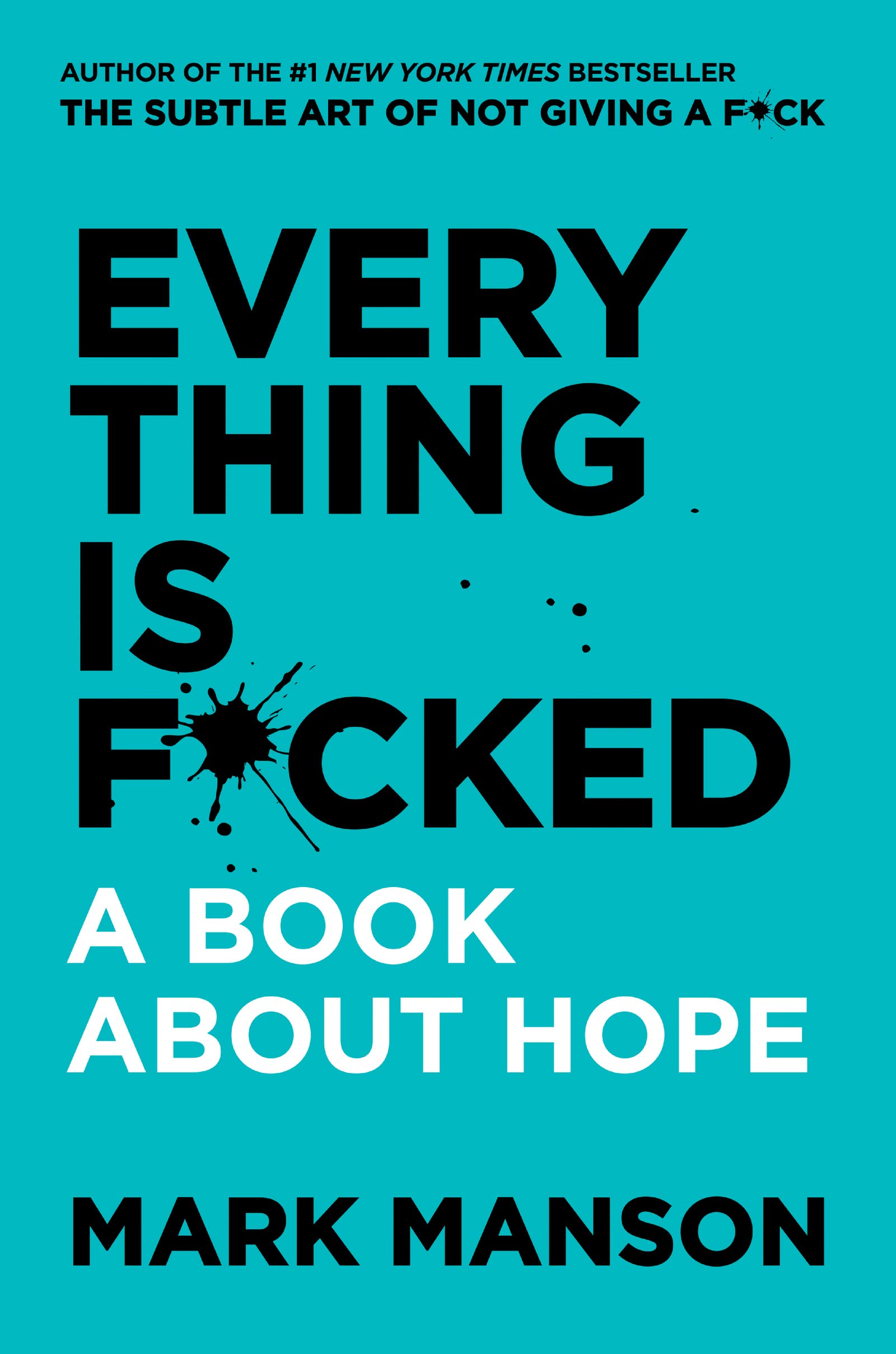
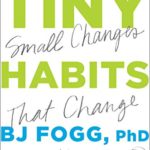
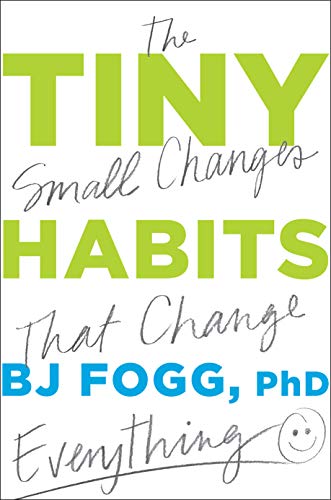
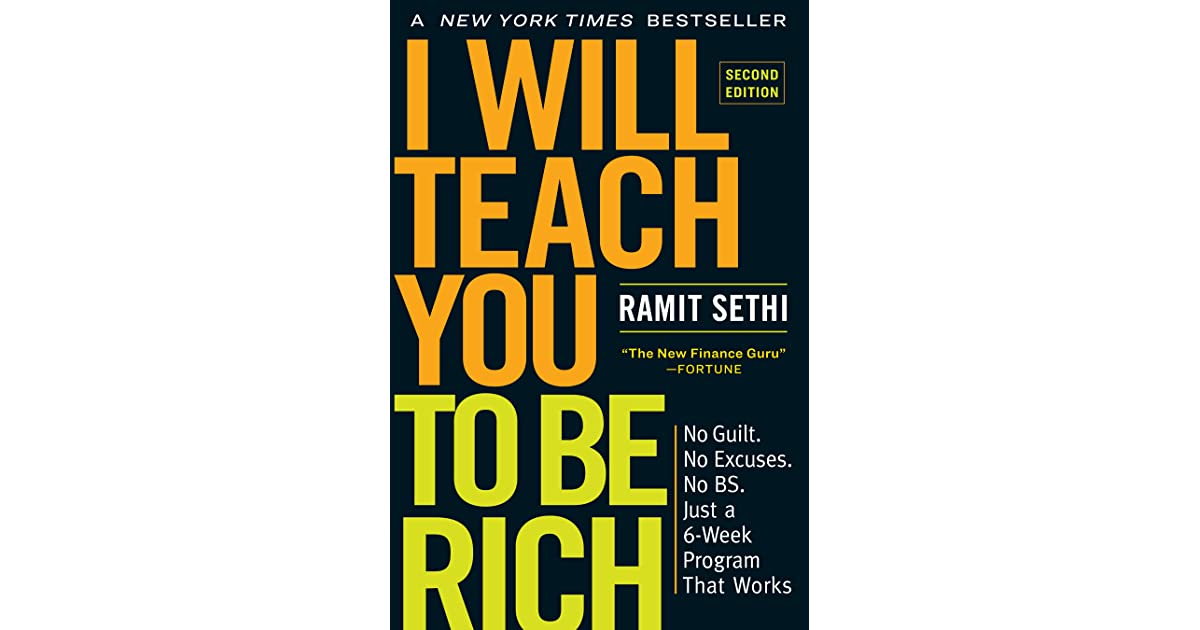
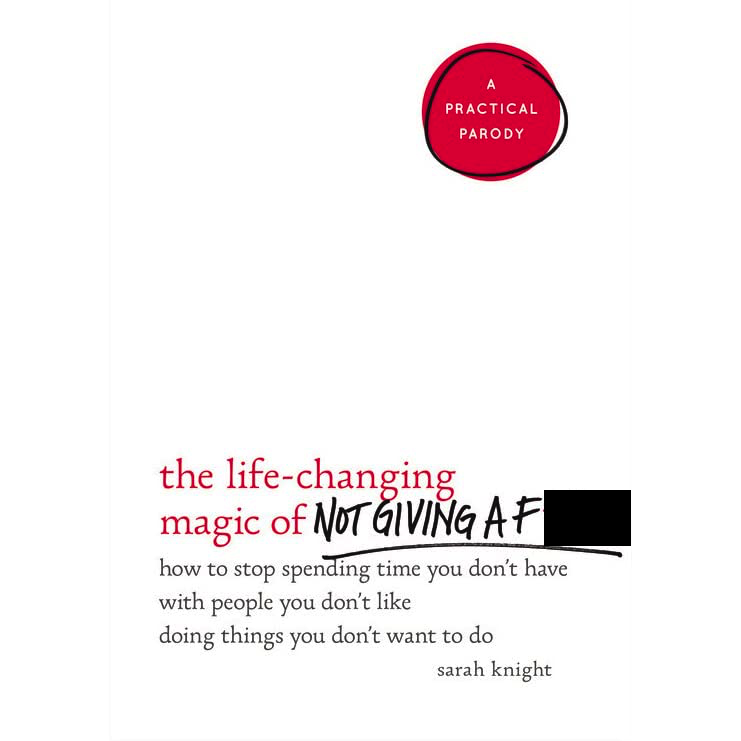
I so appreciate your review of Mark Manson’s book Everything is
Fucked. I think the book takes a good stab at many of the problems in our world, the polarization, the psychological development of morality and coping and the role of religion and culture and how it manifests in relationships.
I don’t think the answer is to give up hope, I don’t think we should ever give up hope to improve ourselves and to improve our world, rather, we may need to look at our expectations, our arrogance, our entitlements to anger when we don’t get what we want especially when people don’t behave the way we think they “should”.
I think Mark Manson is brilliant, and has some thought provoking ideas in this book which I am enjoying.